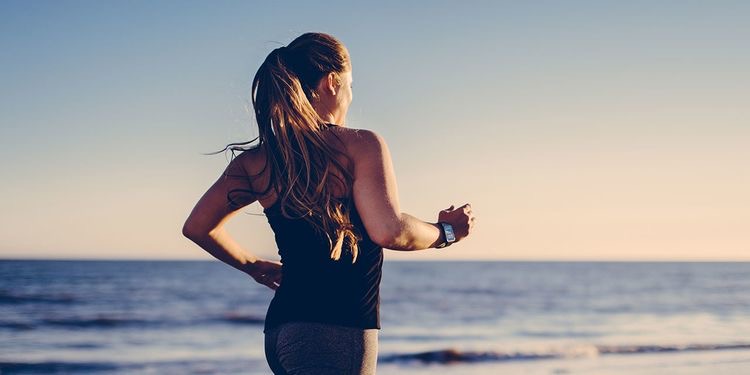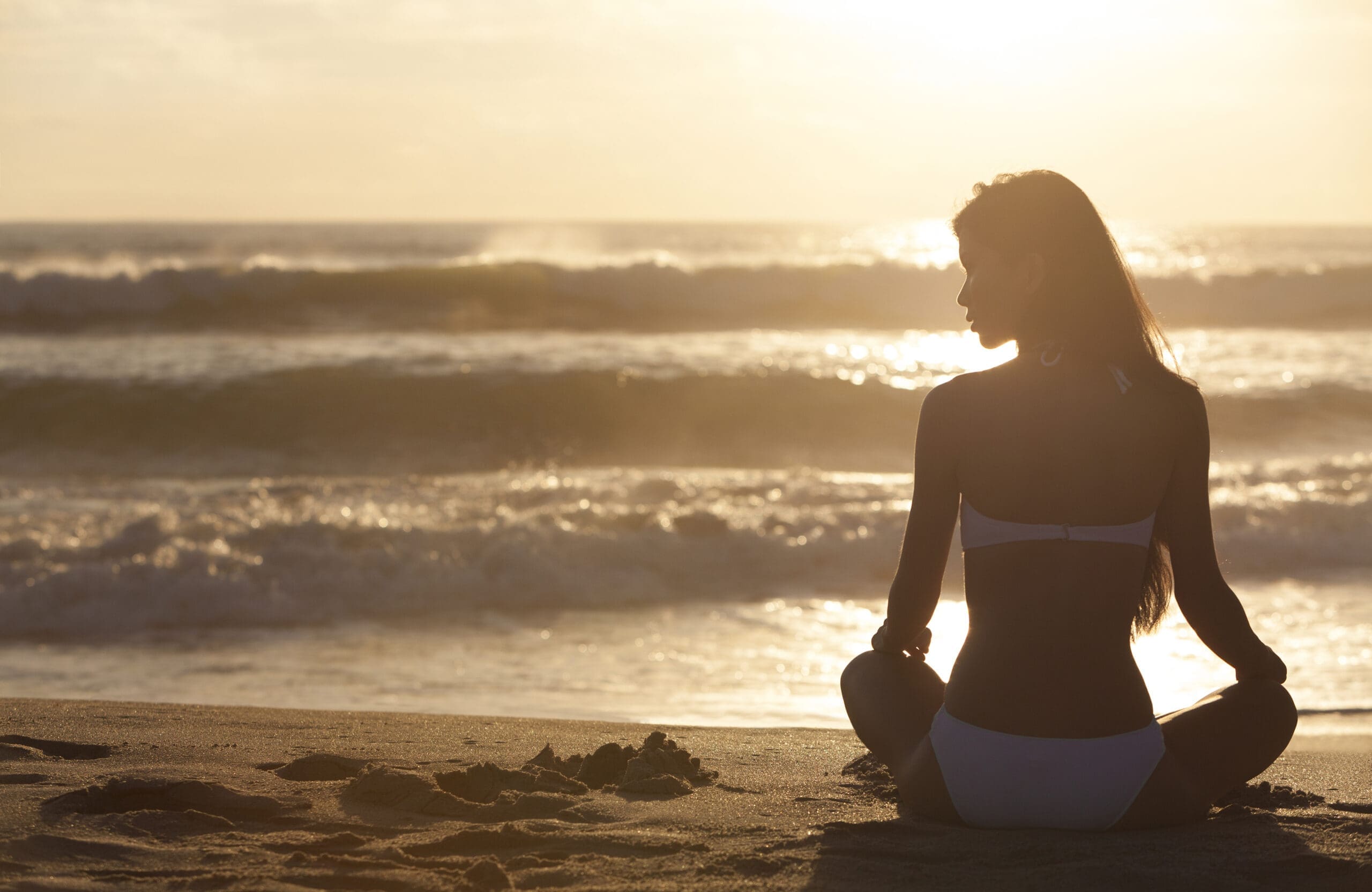We bust the myths stopping you pounding the pavement.
Myth 1 – Never run along city streets as the pollution destroys your lungs.
Brazilian researchers have discovered that aerobic exercise fights inflammation and oxidative stress, so running actually protects your lungs from pollution damage. Whilst it is definitely more pleasant to run around a park or along the beach, you don’t have to avoid a street run for fear of gulping in polluted air, if that’s your only option.
Myth 2 – Running ruins your knee joints.
Stanford University conducted a study of 45 middle aged distance runners, matching them against 53 non-runners. Years down the line, 10% of the non-runners had arthritic problems in their knees compared to only 2% of the runners. Running is not bad for your knees and actually conditions knee cartilage. It is only when injury changes your biomechanics that running can become problematic. So if you are injury free, up and at ‘em.
Myth 3 – Running doesn’t make you happy.
German researchers have proven that endorphins released during running attach themselves to the areas of the brain normally only activated when people are either, in love, or feeling the euphoria of listening to great music. For a maximum happy buzz, go running with your boyfriend and a playlist of your favourite tunes.
Myth 4 – Big girls shouldn’t run or they will get injured.
A survey of 200 women who ran half and full marathons showed heavier women were less, NOT more likely to suffer injury, BOTH before and after the race. It is probably because they trained over shorter distances and ran slower. This indicates volume of training and speed are greater influences on injury than body size. You don’t have to wait until you are a size 8 to start running.
Myth 5 – Running puts you at risk of a heart attack.
The Journal of American College of Cardiology found that heat stroke is 10 times more likely than cardiac events to be a serious problem for runners during endurance races in warm climates. The good news is you can prevent heat stroke with a few simple measures. Run at a cooler time of day or in an air-conditioned gym, wear appropriate clothing and hydrate adequately before, during and after your run or race. So grab your water bottle and let’s go.
By Rachel Livingstone Personal Trainer & Owner of The Health Hub www.healthhub.net.au



